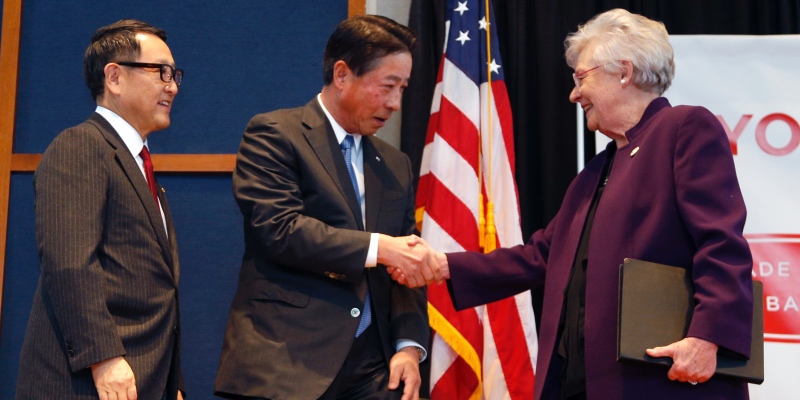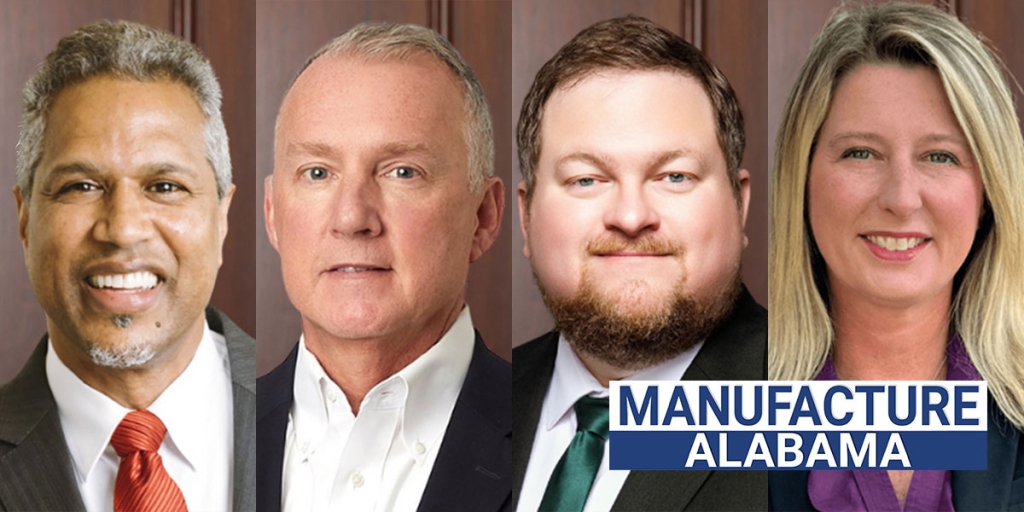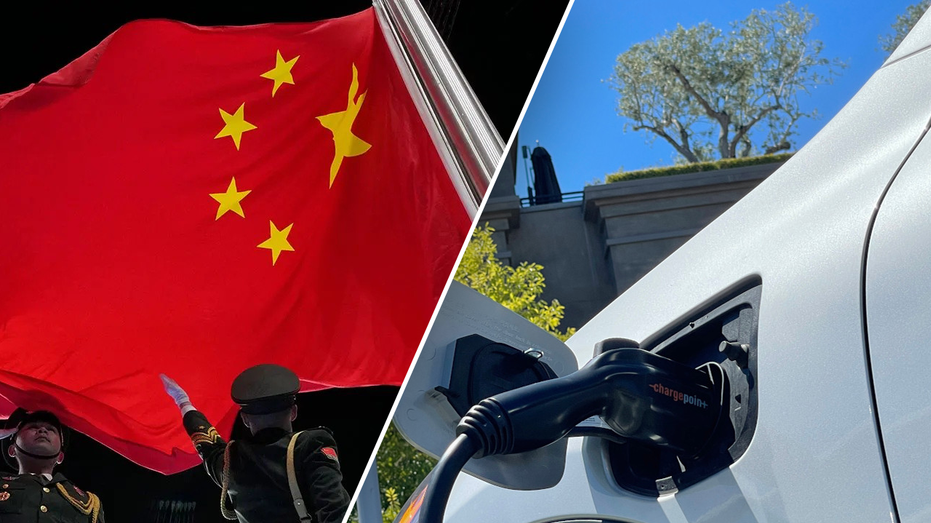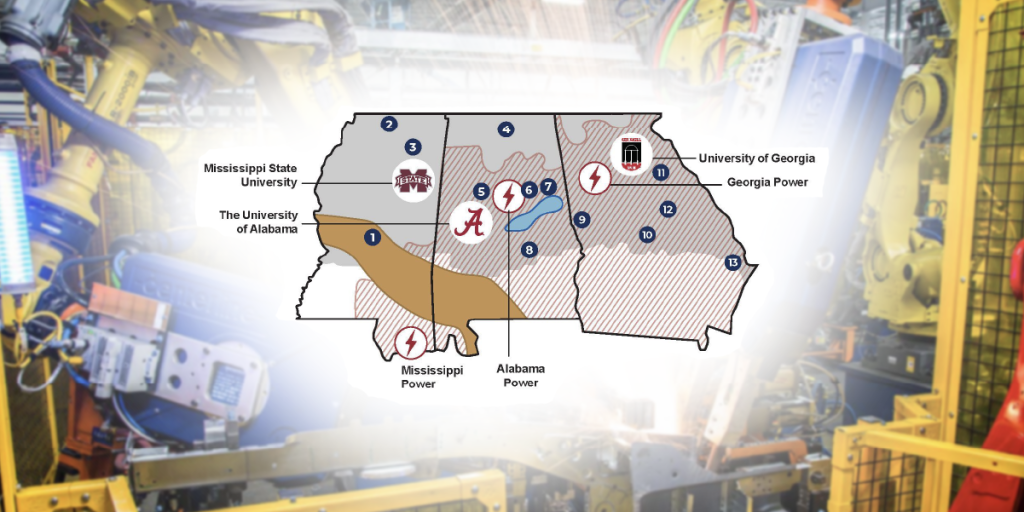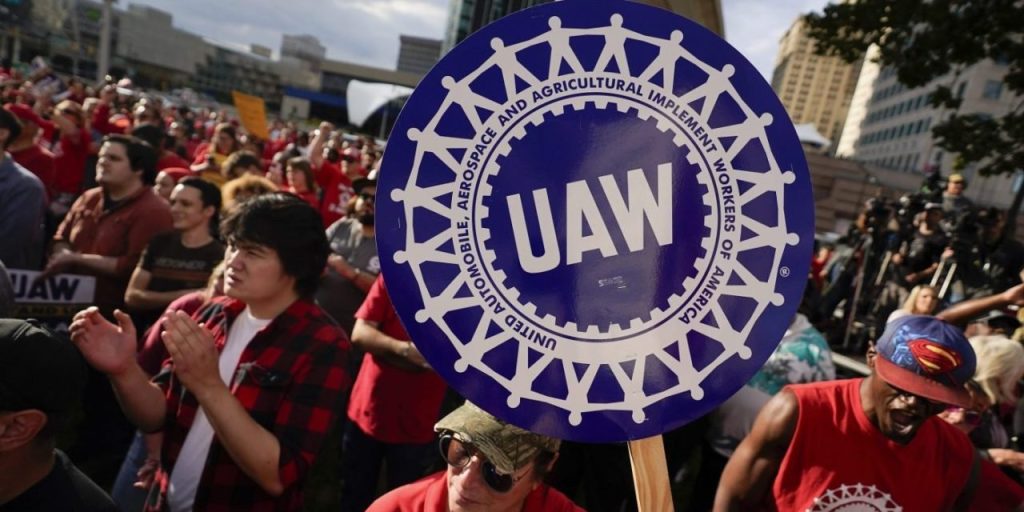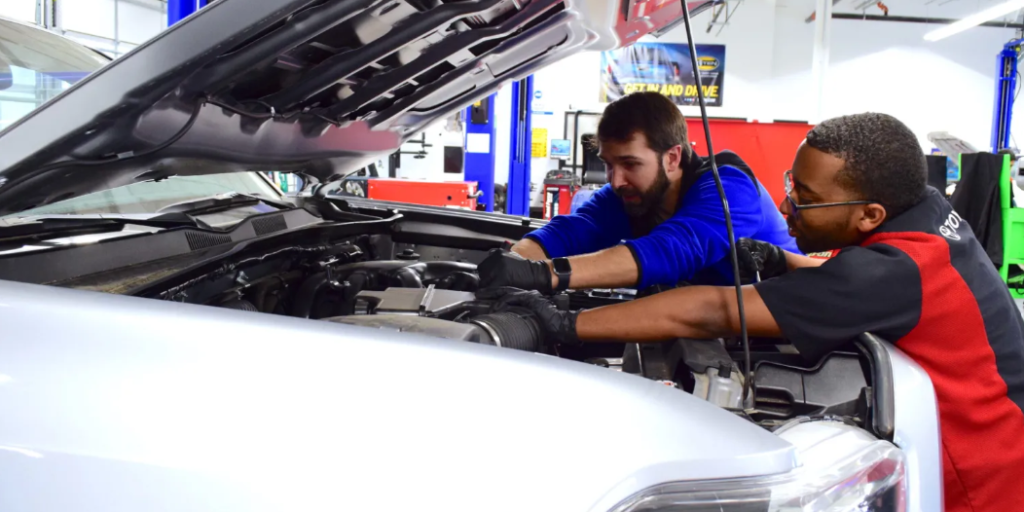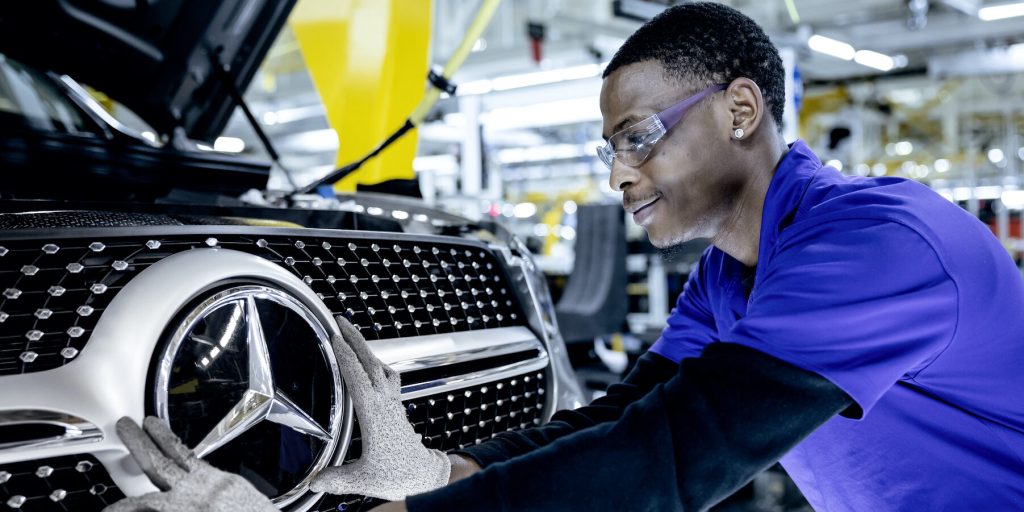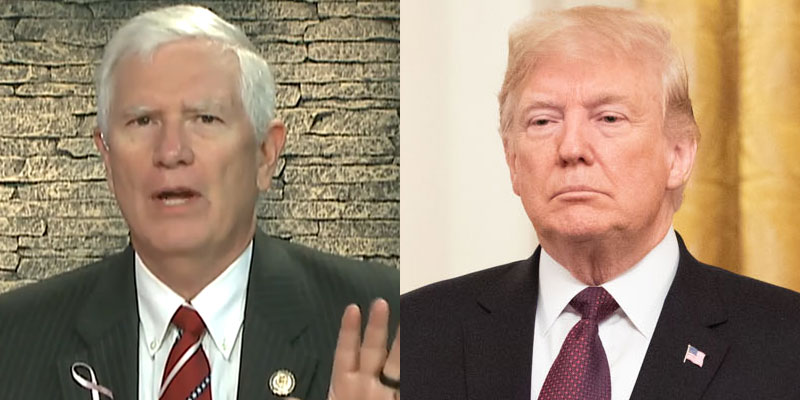The world-class site selectors who handled the Mazda-Toyota project have told the inside story of how Huntsville was chosen, praising the city and Alabama’s long term prospects in the process.
In a podcast series, the site selection team from JLL Chicago recently discussed this tremendous accomplishment for the Yellowhammer State, which Made In Alabama called “one of the most coveted industrial prizes in years.”
Meredith O’Connor, a JLL international director, concluded, “As a state, they get it. They’re ready. I think we’re going to continue to see success in Alabama for these types of uses.”
Officially coined “Project New World,” the now-under-construction Mazda-Toyota venture in Huntsville stemmed from a rigorous, fast-paced site search. The team at JLL revealed the key factors that separated Alabama from other suitors for the sprawling assembly plant that will employ 4,000 workers producing 300,000 vehicles annually.
One of the most striking revelations from the site selectors is how elite a level the state’s economic development and business climate have reached.
“Huntsville was ultimately selected because they were ready, willing and able. The site shows years of thoughtful preparation, and the city has ample advanced manufacturing expertise,” JLL noted in a project profile, separate from the podcast.
They added, “It’s a place where two savvy automakers will collaborate, fortifying a shared competitive advantage as technology companies continue to focus on the industry as one ripe for disruption.”
Interestingly enough, this historic project, however, did not actually start out with that massive scale of two giants coming together.
Initially, its secret code name was “Project Mitt,” and the project involved only Toyota. The JLL team at first examined potential sites spanning 500 to 1,000 acres, but the game completely changed when Mazda joined as a partner in the venture.
“That scope became much larger. We covered a lot of ground in terms of states that could qualify, although once Mitt became Project New World, several states were eliminated due to the scope and size of the project itself,” O’Connor explained.
Wide disparity between Alabama and most of the nation
Throughout much of last year, O’Connor and her renowned site selection colleagues worked closely with both Toyota and Mazda on the search, narrowing down a list of possible sites that originally numbered 300.
There were many factors to analyze that separated real contenders from the rest, including “workforce, operating environment, site specifics, logistics, incentives, and quality of life, among others.”
The team faced an ambitious timeline for a project of such magnitude and had to move quickly, as Mazda-Toyota wanted their new plant to be up and running by 2021.
“Before our first flight was booked, we made sure we understood what was important to our clients – Toyota and Mazda – from site specifics to the softer requirements of cultural fit and others,” Christian Beaudoin, JLL’s director of research, outlined.
Their process was cutting edge and adds to the objective credibility of their praise of Huntsville and Alabama.
“Our research team turned those requirements into an algorithm using data analytics to define labor and site requirements, and then we started a cross-country search,” Beaudoin added.
Beaudoin said the site selection team’s “high-level screening model” aggregated over 100 data points involving individual sites and then provided a ranking.
After the data work, the team members physically embarked on site visits that took them to 20 states over an intense six-week span.
Engineers from the two automakers joined them on “operational tours.” They viewed sites from helicopters, talked to human resources managers in cities to get a true sense of the respective labor markets, explored whether there was a Japanese school nearby and even sampled dishes at local Japanese restaurants.
After the data screening process and this round of visits, the list of potential sites dropped rapidly, as economic development agencies struggled to meet requirements that seemed off the charts. Most places around the nation are simply not on Alabama’s level when it comes to meeting the needs of modern industry.
One quote from O’Connor in the podcast was especially revealing, as it pertains to this state-by-state economic development gap.
“I think we all got the same types of calls from individuals saying, ‘Are there too many zeros in this column?’ If you just removed one zero, it made sense to them, but in some cases, there were two extra zeros. It was just things they had never seen in their career,” O’Connor advised.
Alabama is working again
As 2017 wrapped up, only two sites remained – Huntsville and a competitor in North Carolina.
The site selection team at JLL recognized that Huntsville offered many advantages. For one, the site was already assembled, and it also offered a large buffer zone so the plant could fit like a glove with the community.
Plus, the economic development specialists working the project in Huntsville and across the state were responsive at all times.
“There were days where we worked 18, 19 hours when we got down to the end of this. They never wavered. They were with us. They didn’t care what time of the day it was,” O’Connor shared.
Then, there is a huge advantage that the Yellowhammer State has built over time – Alabama’s booming auto industry has a network of suppliers that few states can even fathom. This includes original equipment manufacturers.
“There are reasons there are multiple OEM’s in their state,” O’Connor emphasized. “As a state, they get it. They’re ready. I think we’re going to continue to see success in Alabama for these types of uses.”
Combine all of this with the nation’s best business climate and overall manufacturing sector, the Port of Mobile, an ambitious workforce development plan and the work of the University of Alabama System, and Mazda-Toyota came to call Alabama its sweet new home.
If these site selectors are correct, these types of successes could begin to snowball.
https://soundcloud.com/jllchicagoindustrial/episode-16-site-selection-stories-toyota-mazda-1
https://soundcloud.com/jllchicagoindustrial/episode-17-site-selection-stories-toyota-mazda-2
https://soundcloud.com/jllchicagoindustrial/episode-18-site-selection-stories-toyotamazda-part-3
Sean Ross is a staff writer for Yellowhammer News. You can follow him on Twitter @sean_yhn




